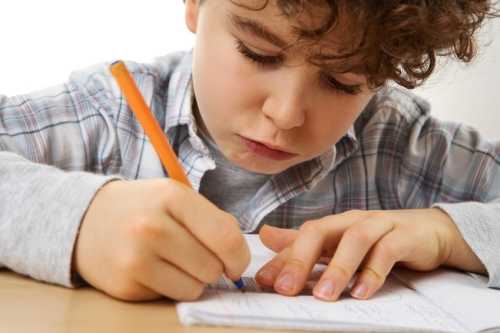Homework – The Do’s And Don’ts Of Helping Your Kids
Parents who help their kids do their homework, support their children in many different ways. Parental involvement is the key to improving a child’s performance in school who may be struggling with their assignments.
However, there’s a difference between doing something and overdoing it – many good intentioned parents make basic mistakes which do not help their child at all.
Be Available
The most important thing is to reassure your child you’re always there to help them, if they need any help. Some children prefer to do their homework by themselves. They learn more effectively, if they can fully focus on the topic. For others, talking about the assignments and possible problems is an important step on the way to solving them.
These kids will need your assistance more and they will often want to talk to you about their homework. Let them know when you have some free time to help them. Do not be too pushy, though. Respect your child’s approach to doing homework, as long as it brings the desired results.
Monitor Your Children’s Progress

For you it is a way to monitor your children’s progress and for them it is an opportunity to share their problems and achievements with you. Children whose progress is monitored not only by their teachers, but also by their parents, are more eager to do homework thoroughly and in a timely manner.
It’s also important to know what the school’s expectations are, when it comes to parental involvement. Some teachers want parents to take a more active approach, but other teachers prefer if their students do all the homework by themselves. Make sure you are aware of the school’s policy on homework or if you are not sure what to do, ask about it during the first meeting with your children’s teacher.
Don’t Try to Step into Teacher’s Shoes
Many parents, who try too hard, only end up confusing their children. For example, they notice their child doesn’t understand how to solve certain math problems. In order to help them, they try to teach their children alternative ways of solving the problem, even if these methods are not recommended or accepted by their children’s teachers.
As a parent, you need to have trust your children’s teachers know what they are doing and have a clear plan for achieving their goals.
If you see your children struggling with math, ask the teachers for exercises you can use to practice with your children at home or find an after school math program which uses the same math methods used by the teachers.
Don’t Be the One, Who Does all the Homework 
Parents, who desperately try to help their children, often end up as the ones, who are doing all homework. That is never a good solution. If your children did not complete the homework on time or if they are not able to do it, let them face the consequences. Contrary to your expectations, this experience can motivate them to try harder next time.
Do you have any tips for helping kids with their homework? Please leave them in the Comments below.







